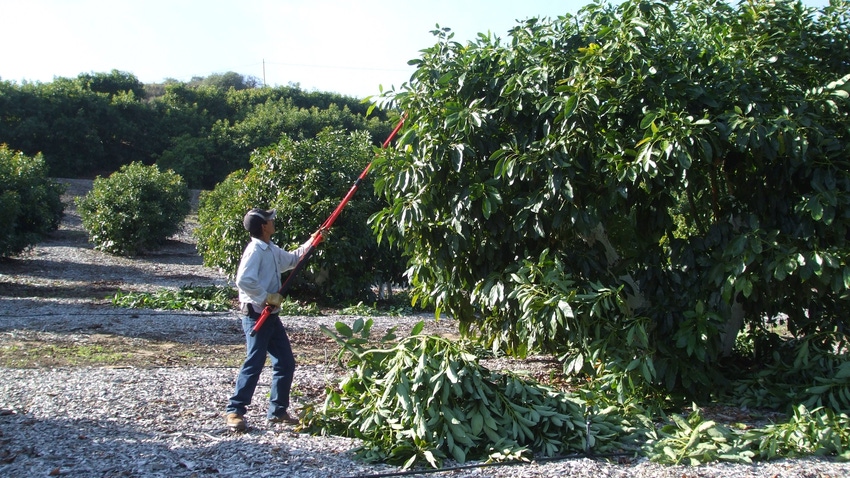
The Fresh Produce Association of the Americas welcomed companies that operate on both sides of the U.S.-Mexico border to its annual two-day policy summit March 14-15 in Tubac, Ariz., amid lots of ‘Buenos Dias’ greetings among the bilingual crowd.
Attendees from the companies faced a packed agenda filled with concerns involving the importation of fresh fruits and vegetables from Mexico’s interior that are transported to, and then across, the international border.
“Regulators from the U.S., Mexico, and Canada get a chance for open dialogue and updates on a variety of industry topics concerning policies and regulations that impact importation of Mexican produce,” said FPAA President Lance Jungmeyer.“It’s all part of our mission to create partnerships that help guide the produce industry toward long-term positive changes.”
Major topics included: Strategies to Reduce Travel Time for Fresh Produce; Industry Challenges Ahead in Congress; Marketing Orders and the Supply Chain; Conducting Non-Intrusive Inspections at Ports of Entry; Food Safety Discussions Between the U.S. and Mexico, and an updated State-of-the-Industry assessment.
One particularly well-attended session dealt with The Economic Impact of Imported Mexican Produce with a subject spotlight on tomatoes and avocados under the theme, “Do U.S. imports of Mexican Hass avocados seriously threaten or injure the U.S. avocado industry?”
Speaker Gary Williams, an Emeritus Professor of agribusiness food and consumer economics at Texas A&M University, told delegates: “Imported Mexican tomatoes represent a major share of the U.S. tomato supply --- contributing approximately $5 billion to America’s economy --- while avocados represent another $11 billion in U.S. economic impact.That’s a sizeable portion of the combined value of imported fresh produce coming into the U.S. as Mexico accounts for nearly 90% of this country�’s avocado imports (along with Chile, Peru, Columbia and others).
Demand increasing
“Avocado demand continues to increase, having risen to almost ten pounds per capita over the last decade,” Williams said.
“While some still think imports represent a negative on the economy, they actually stimulate economic growth as they move through the food chain and create a ripple effect --- direct, indirect, and induced --- while on their way to consumers.”
There is little apparent negative involving the cross-border relationship between growers in California and those further south.
“As researchers, we wanted to know how much impact imports actually have on California avocado production, and we found little.Some individuals may have felt impacts, but the industry-in-general has not been negatively impacted because demand continues to grow so rapidly and with domestic production limited, imports come in to fill the gap.I think any negative effects noted in the California avocado industry have more to do with weather, water, and politics rather than imports.
“Growers on both sides of the line understand the importance of maintaining a cooperative working relationship because in many cases a lot of producers and packers in California have growing operations in Mexico, so there’s a symbiotic relationship.”
Farm to consumer
Also discussed enthusiastically was the process of getting produce from the farm to the consumer and how that lengthy process could happen faster and smoother.
“It’s a long way from the field to the border and you want to make that transit time go as smoothly as possible,” said Diego Ley of Del Campo Supreme.“While food safety is the most important challenge, associated delays can be costly.”
Panelists agreed that Port of Entry produce inspections on different commodities, especially the sensitive ones like tomatoes, were not always delicately conducted and should be handled with more finesse and professionalism.
Sonora’s Economic Minister Margarita Velez reported that a binational program was already underway to “expedite processing inspections and make them both faster and less intrusive through the use of new inspection technology.The State of Sonora acknowledges a problem exists and we are working to address it to meet the demands of the market.”
About the Author(s)
You May Also Like




